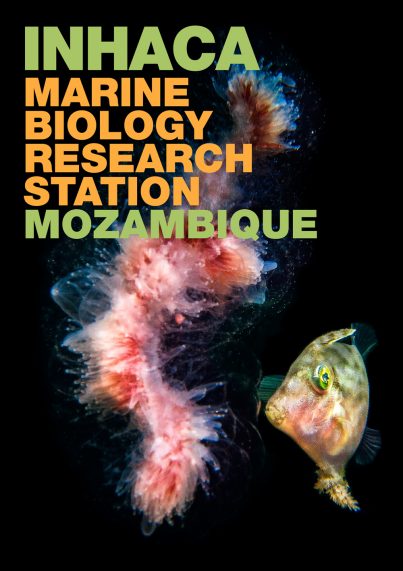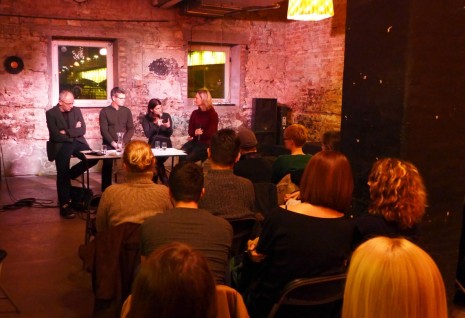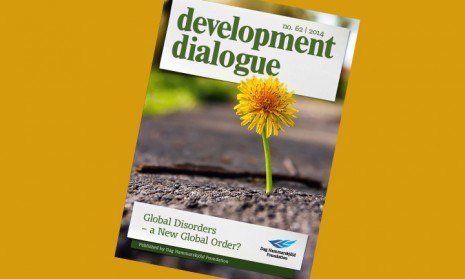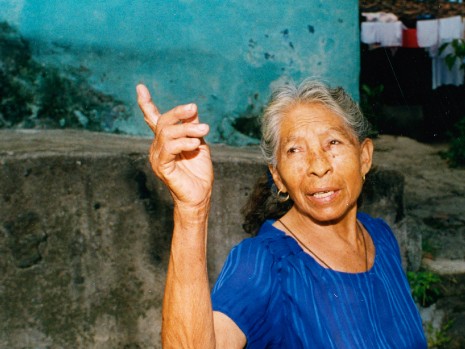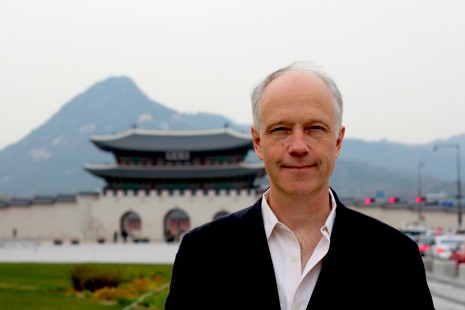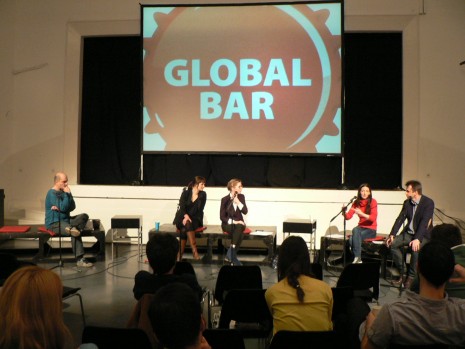
2014 is election year in Europe. Elections to the European Parliament will be held in all members’ states of European Union in May. Besides, national elections are to be held in number of European states; in Sweden general elections will be in September; in Serbia early parliamentary elections are already in March.
What is the role of media in the ”election process”? What role should the media have according to the media ethics and ”general interest”? What is it in practice? What are the connections between media and political and economic structures? In which ways is the (political) pressure expressed today? Is it still possible to refer to the press as the ”fourth power” when even the most influential newspapers are more marginalized and when big multinational or regional companies are controlling almost the whole media sphere?
Is the future really in online media and social networks? Is it a space of ”freedom of expression”? Does social media have a true impact on the outcome of an election?
Those are some of the issues that were discussed in Global bar in Belgrade, on February 26th, in Cultural Center Rex (Jevrejska 16).
——
On Global Bar in Belgrade
Global Reporting’s Global bar established itself during the years as a unique arena for public debate in Sweden. Its’ concept was and still is rather simple – discussing important current topics in a relaxed way and in an unconventional ambience.
The core idea of the project “Global Bar in Belgrade”, which received seed-funding by Swedish Institute, is to create a public debate arena similar to the one in Stockholm, but adjusted to the new and different cultural context. The aim is to “promote” an alternative way of public discussion, to establish an ongoing “European” dialogue between Sweden/Scandinavia and Serbia/ex-Yugoslavia and to introduce new topics in the public debate and public discourse in Serbia.
The main activities are public discussions and public talks (lectures) held in KC GRAD, KC Rex and Kolarac Endowment in Belgrade, Serbia. Since the “traditional” concept of Global Bar is to have three panelists for each theme, the Global Bar in Belgrade is having at least one panelist (per debate) coming from Sweden or Scandinavia. The other panelists are from Serbia and former Yugoslavia, but also internationals based in that region.
Global Bar in Belgrade is meant to deal with issues as development, (national) identity, European integration, equality of opportunities and gender equality, sustainability, freedom of expression etc.


